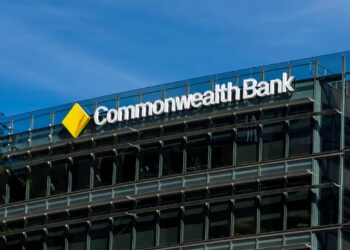While Mr Morgan said he had no problems with the “more modest end” of unconventional monetary policy – buying up government bonds – he warned against direct central banking of government expenditure, referring to it as “taboo”.
“When that taboo is broken it can be quite difficult to get that genie back in the bottle,” Mr Morgan said at a Chi-X press briefing in Sydney.
Mr Morgan also flagged some of the dangers of QE, saying it “has contributed to asset price inflation, it has contributed to inequality, probably it’s contributed to potentially excessive risk-taking.”
“The S&P 500 is now trading at forward price earnings ratio of the level that has only been seen three other times in the last hundred years,” Mr Morgan said.
“The three other occasions – one just before the Great Depression, the second was just before the tech wreck, in 2000, and the third one was just before the global financial crisis.
“The unconventional monetary policy does have an impact on the search for riskier assets and asset price inflation.”
The comments come as the national conversation increasingly turns to QE in the face of successive interest rate cuts. Mr Morgan acknowledged that the RBA’s cuts had left the economy little wriggle room.
“I don’t think there’s much juice in conventional monetary policy,” Mr Morgan said.
The RBA has refused to be drawn on the prospect of QE, but Governor Philip Lowe’s sunnier disposition in Canberra on Tuesday suggests that things might not get that bad. Governor Lowe was optimistic about the impacts of the RBA’s successive rate cuts in a speech at the Australian National University.
“We are confident that these reductions are helping the Australian economy and supporting the gentle turning point in economic growth,” Governor Lowe said.
“In doing so, low interest rates are supporting jobs and overall income growth.”







